The Ministry of Environment, Forest and Climate change has decided to relax the mandatory charging of lease rent of Rs 30,000 per MW for wind power projects.
In a review meeting Union Minister for Environment, Forest and Climate Change, Prakash Javadekar took a conscious decision to relax the condition of charging the lease rent of Rs 30,000 per MW for wind power projects. Javadekar said that it is expected that this step will boost the investment in wind power projects and will help in providing wind power at cheaper rate.
“The government envisages to meet maximum energy requirement by tapping renewal energy resources and, to achieve the target of clean energy in a time bound manner, various policies and regulations are being constantly updated,” said the Environment minister.
Currently, to establish wind power project over forest land, the existing procedure requires payment of mandatory charges for compensatory afforestation and Net Present value (NPV). In addition to mandatory charges, the wind power companies had to pay additional lease rent of Rs 30,000 per MW. This additional cost is not mandatory for other renewal energy projects such as solar power and hydel electric projects. Additional cost for generation of clean energy through wind power, in turn escalates the per unit cost of power at consumer level.
Promotions of such projects are part of Government of India’s growing commitments towards International Agreements. One of the National Commitment pledged in Paris in 2015 was to have 40% of the power from renewable resources by 2030 .It is noteworthy that currently India has over achieved the target and is well on track to ensure that more than 50% of the installed capacity will come from renewable by 2030.



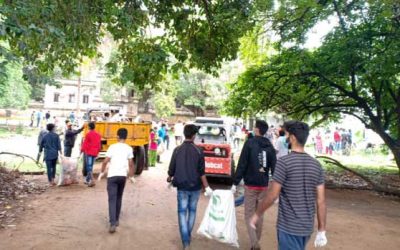
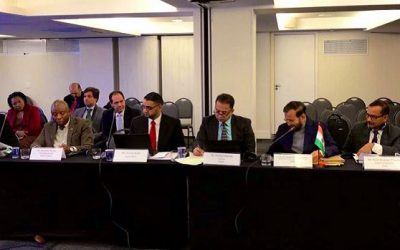

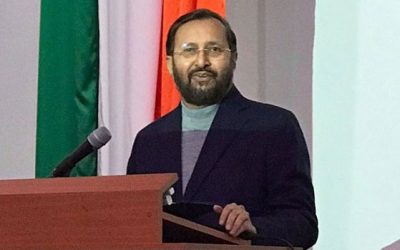
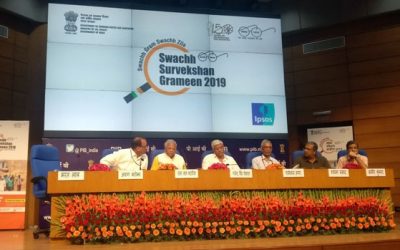
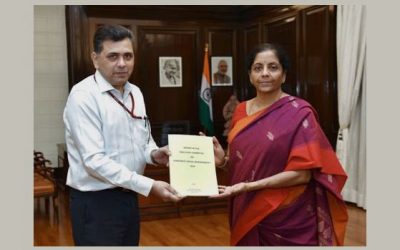
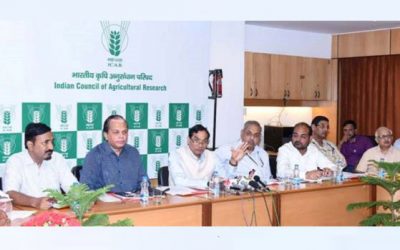
0 Comments